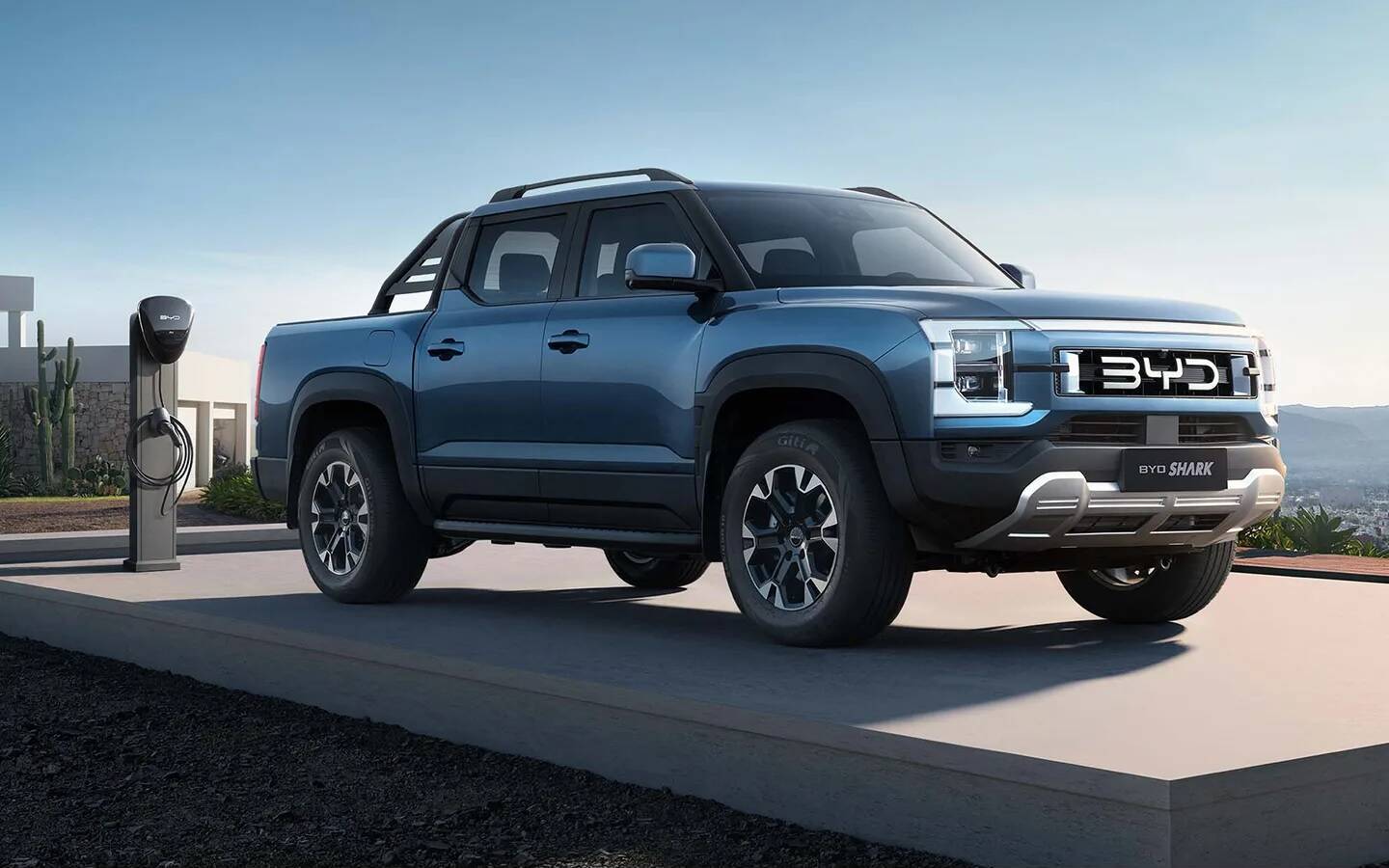U.S. Aims to Ban Chinese and Russian Software and Hardware in Cars
Following 100-percent tariffs on Chinese-made electric vehicles, the U.S. government now wants to ban Chinese- and Russian-made hardware and software in connected vehicles sold across the country, citing national security concerns.
The proposed ban was announced by the White House on Monday and is expected to be finalized in 2025. It is intended to prevent U.S. adversaries from accessing, collecting and using data to remotely manipulate cars on American roads.
- Also: Canada to Implement 100 Percent Surtax on All Chinese-made EVs This Fall
- Also: China’s BYD Actively Working to Enter Canadian Market: Report
This is the result of a probe launched in February by the Department of Commerce into the possible risk posed by Chinese-manufactured vehicles in this day and age where cars have become mines of information that can be shared with third parties.
"Cars today have cameras, microphones, GPS tracking and other technologies connected to the internet,” U.S. Secretary of Commerce Gina Raimondo said in a statement. “It doesn't take much imagination to understand how a foreign adversary with access to this information could pose a serious risk to both our national security and the privacy of U.S. citizens."
She suggested scenarios where a foreign country could shut down or take simultaneous control of multiple vehicles, causing crashes and blocking roads.
Clearly, the U.S. is scared of letting a door open to Chinese-made vehicles and equipment in particular, and Russian ones along with them, even though there aren’t many yet on the road. The Lincoln Nautilus and Buick Envision, to name a couple, are built in China.
The proposed ban on the software would take effect for the 2027 model year and the prohibitions on hardware would take effect for the 2030 model year, or January 1, 2029 for units without a model year.
Now, will Canada follow suit as it did with tariffs on Chinese-made EVs? That’s also something to keep an eye on.







